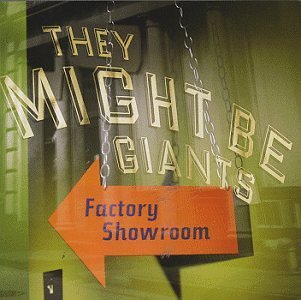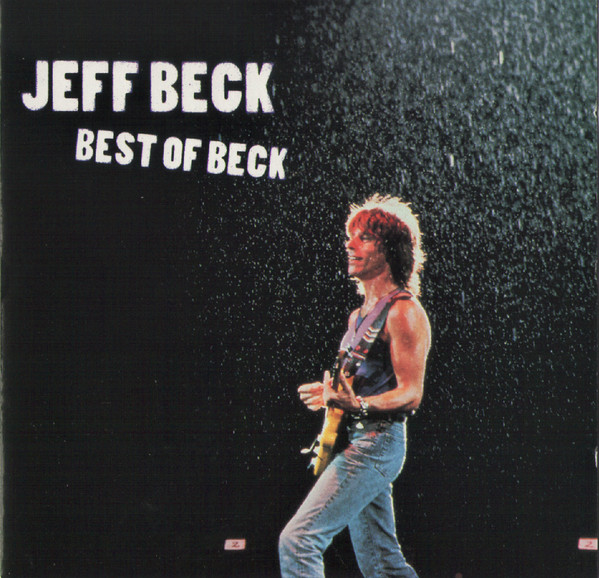Once the ‘90s arrived, everybody who’d been around long enough got the box set treatment. Eric Clapton already had his, so the folks in Columbia’s Legacy reissue department got to work on anthologizing the guitarist in the Yardbirds who’d played on most of their hits. And since Rod Stewart was in a mild career renaissance, it made sense that Jeff Beck was recognized one of the people who helped him on his way. Still, those chapters in his career were only part of the story
Beckology told on three discs.
First of all, the packaging was stellar. In the era when box sets measured six by twelve inches or so, to fit in reconfigured record racks alongside the notorious longbox, Beckology was designed to resemble a classic tweed Fender guitar case, complete with the images of handle and hinges on the spines. Inside, the booklet showed a burgundy Stratocaster resting on plush velvet fabric, and the inside cover even showed the impression of the strings and hardware. Somebody in the art department knew what they were doing.
The first disc opens with three rare tracks by the Tridents, his first professional band, then serves up 15 essential Yardbirds sides—a boon for collectors, as this period of the band has been a discographical mess—capped by four live cuts from BBC radio. Fittingly, the disc closes with the “Hi Ho Silver Lining” and “Tally Man” singles, proving that as a lead singer he was an incredible guitarist, and the classic “Beck’s Bolero” B-side.
The second disc covers both Jeff Beck Groups, including something of a rarity in the “Drinking Again” B-side with Rod Stewart, as well as a couple of the more impressive instrumentals from the Bobby Tench incarnation. Beck, Bogert & Appice are represented by “Superstition” from their one album, a nine-minute “Black Cat Moan” from the Japanese live album, a 16-minute live medley of “Blues Deluxe”, “You Shook Me” (with Jeff on vocoder), and “BBA Boogie” that refuses to end, and a decent studio outtake wonderfully titled “Jizz Whizz”.
The third disc dips into the so-called fusion albums of the latter half of the ‘70s, as well as Flash and Guitar Shop, balanced out with various covers issued on such soundtracks as Twins and Porky’s Revenge. His takes on “The Stumble” and “Sleep Walk” are faithful, but the rare “Wild Thing” single is mostly notable for unnecessary key changes.
There’s a lot to like on
Beckology, and a lot to endure. A few years went by before the label attempted a single-disc compilation, but even
Best Of Beck didn’t merely distill the box. With the exception of “Going Down”, the vocal tracks feature Rod Stewart, while the bulk of the set leans on the instrumental side, and wisely. Of the tracks not repeated from the box, “Freeway Jam” appears in its studio incarnation, “Two Rivers” is a substitution from
Guitar Shop, while “Scatterbrain” and “Blue Wind” further sample the fusion period. “She’s A Woman” is still as goofy as ever.
Jeff Beck Beckology (1991)—3
Jeff Beck Best Of Beck (1995)—3½
:format(jpeg):mode_rgb():quality(90)/discogs-images/R-1877124-1249562938.jpeg.jpg)
:format(jpeg):mode_rgb():quality(40)/discogs-images/R-387777-1445592501-8102.jpeg.jpg)
:format(jpeg):mode_rgb():quality(90)/discogs-images/R-4411432-1447520535-9231.jpeg.jpg)



:format(jpeg):mode_rgb():quality(40)/discogs-images/R-7876923-1450716328-8525.jpeg.jpg)

